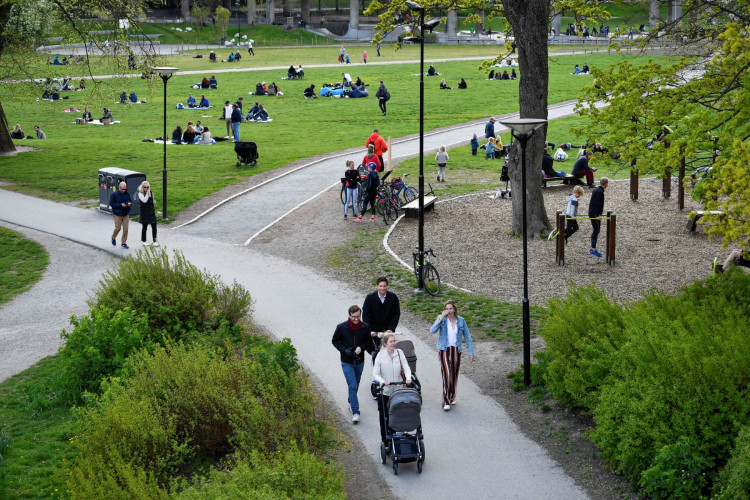The World Health Organization (WHO) has come out strongly against countries mandating the acquisition of herd immunity as a national goal to mitigate the spread of COVID-19 in their communities.
Noting the experience of the few countries that did so and failed, WHO said allowing the virus that causes COVID-19 to spread rapidly throughout communities will eventually overwhelm hospitals and kill many more people than would otherwise have died.
Herd immunity is a form of indirect natural protection from infectious diseases. It occurs when a large percentage of a population becomes immune to an infection such as COVID-19 through previous infections or vaccination.
Herd immunity is generally achieved once enough people are either vaccinated or survive the virus so they produce antibodies that combat new infections. This deprives the virus of the new hosts it needs to spread.
Most scientists believe 60% to 80% of a population needs to be vaccinated or have natural antibodies to achieve herd immunity,
Speaking about the percentage that confers herd immunity, Dr. Mike Ryan, the executive director of the WHO Health Emergencies Program said whatever that number is, "we're nowhere near close to it, which means this virus has a long way to burn in our communities before we ever reach that."
Sweden's herd immunity experiment against COVID-19 failed spectacularly and resulted in more than 5,700 deaths, many of them elderly people. This compares to the smaller death toll in neighboring Nordic nations: Norway (255), Finland (329), and Denmark (614). These three countries refused to experiment with herd immunity and instead resorted to lockdowns and strict social distancing.
Swedish Prime Minister Stefan Lofven launched an inquiry into the no-lockdown policy after the more than 5,000 deaths in the country. Sweden now has the fifth-highest per capita death rate in the world because of its herd immunity experiment.
Dr. Ryan said simply waiting for herd immunity to occur by allowing the virus to spread as suggested by some opponents of social distancing is dangerous.
"The idea that we would have herd immunity as an objective, in some sense, it goes against controlling the disease because if you were to say, 'We need to have a herd immunity of 70% and we should let the virus spread until we get to 70%,' we've seen what happens," he pointed out.
"Hospitals get overwhelmed. A lot of people die."
He said even if people don't die from COVID-19, there are still long-term problems, especially among young people.
"Anyone who looks at patients who are severe with COVID realizes this is a very severe, multi-organ disease that stresses many systems in the body, the cardiovascular system, the neurologic system. And we have to assume in milder cases a similar process is happening at a milder level."
He said young people hit by the disease have left hospitals healthy, only to experience problems 10 or 15 weeks later, he said.
"They can't run. They can't exercise, they are out of breath, having coughing fits," he said. "Who wants or needs that?"






